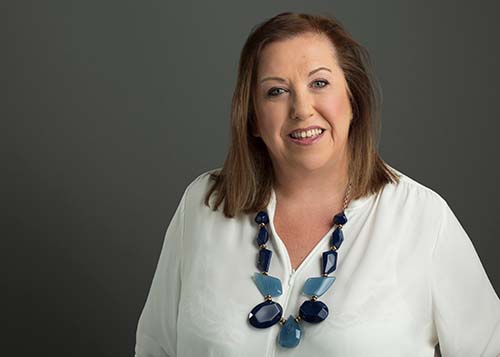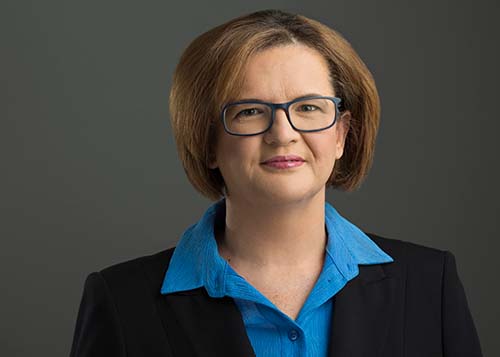An executor is usually appointed within a Will. An Executor is the person who administers the estate, gathering in the assets and distributing them to the beneficiaries. If there is no Will, the process of appointing an executor involves applying to the local Sheriff Court. An Executor appointed in this way is known as the executor-dative. If you have a surviving spouse or civil partner, it is likely that they will be appointed, although if there is no surviving spouse or civil partner, someone else may be entitled to be appointed.
1. Paying off debts
The first stage of the Rules of Intestacy requires paying off any outstanding debts, such as mortgages, loans and overdrafts. There may also be unpaid Income Tax or Inheritance Tax, and this must be settled before the deceased’s assets can be distributed.
2. Defining assets
When it comes to dealing with an estate, different types of assets held by the deceased are treated differently. The estate will be split into two groups:
- The heritable estate: this covers any land or property the deceased owned
- The moveable estate: this covers all other assets, such as money, furniture, shares, jewellery, cars, etc.
3. Prior rights and legal rights
Certain beneficiaries have automatic rights to inherit from the intestate estate – these entitlements are known as ‘prior rights’ and ‘legal rights’.
Prior rights
Prior rights are dealt with first and are held by the deceased's spouse or civil partner. These cover the right to a share of the family home, furniture and money. Spouses and civil partners can claim:
- any house owned by the deceased up to the value of £473,000 and in which the spouse or civil partner ordinarily lived;
- furniture and household items up to the value of £29,000; and
- cash provision of £50,000 (or £89,000 if there are no children) from the balance left over after (a) and (b) have been dealt with.
Legal rights
Legal rights are held by a surviving spouse or civil partner and surviving children. Legal rights relate only to moveable assets.
After prior rights have been dealt with, the spouse or civil partner is entitled to one-third of the remaining moveable assets if there are surviving children, and one half if there are not.
Surviving children are entitled to one-third of the remaining moveable assets (to be shared equally amongst them) if the deceased left a spouse/civil partner, and one half if they did not.
4. The free estate
After debts have been paid and prior and legal rights have been met, the remaining estate (known as the free estate) must be distributed according to the statutory list of beneficiaries. Surviving children take priority and will share equally in the free estate.
If there are no children, family members can claim in the following order:
- Parents and siblings
- Spouse or civil partner
- Uncles and aunts
- Grandparents
- Brothers and sisters of grandparents

















